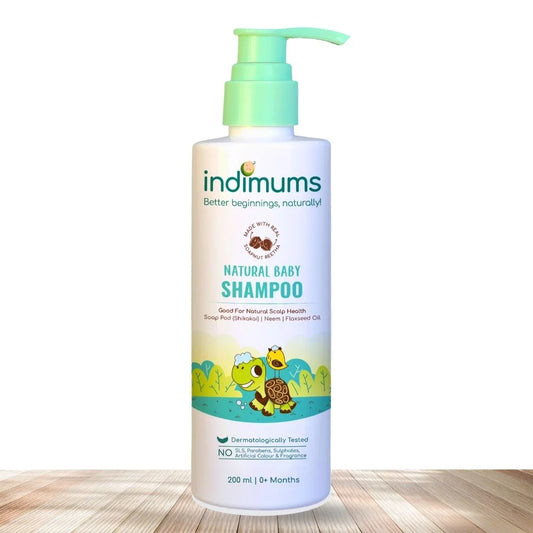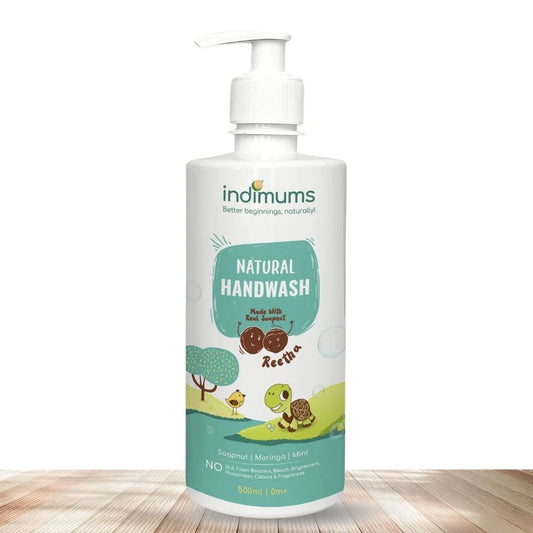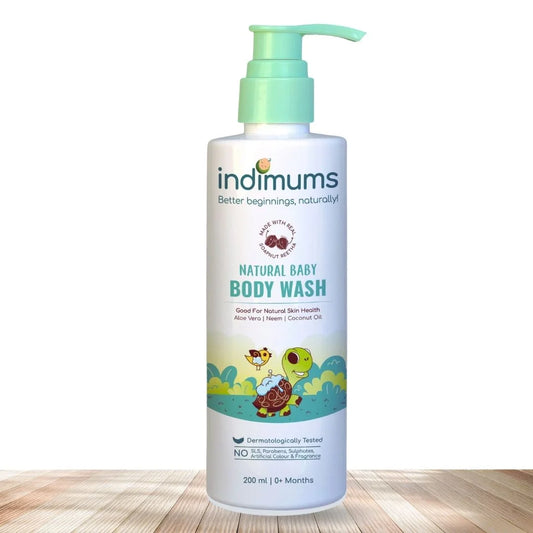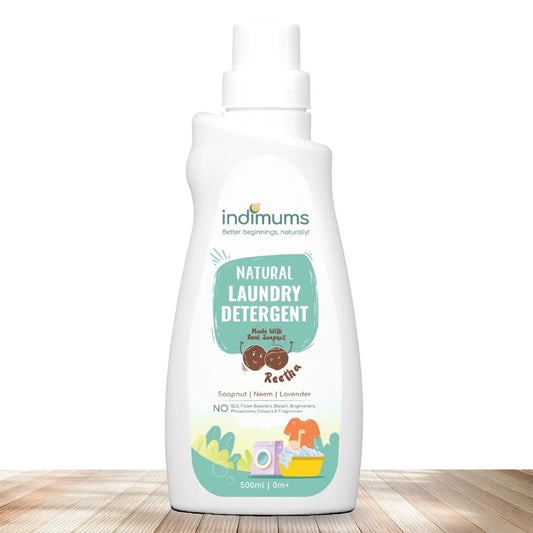New parents often wonder about their baby's diaper needs during those first precious weeks. Moreover, understanding diaper usage helps you prepare adequately for your baby care journey. Additionally, proper planning ensures you never run out of essential baby diapers when you need them most.
Average Daily Diaper Usage for Newborns
Newborns typically use 8-12 baby diapers per day during their first month. Furthermore, this number varies based on feeding frequency and individual baby needs. Additionally, breastfed babies often require more frequent diaper changes than formula-fed infants.
Factors Affecting Baby Diaper Usage
Baby's Age and Development
Newborn baby care newborn requirements change rapidly during the first months. Additionally, younger babies have smaller bladders and more frequent elimination patterns. Moreover, as babies grow, their diaper usage gradually decreases.
Week 1-2: 10-12 baby diapers daily
Week 3-4: 8-10 baby diapers daily
Month 2-3: 6-8 baby diapers daily
Individual Baby Patterns
Each baby develops unique elimination patterns that affect diaper usage. Furthermore, some babies naturally produce more waste than others. Additionally, growth spurts can temporarily increase baby care diapers consumption.
Signs Your Baby Needs a Diaper Change
Recognizing when to change baby diapers ensures optimal baby care newborn hygiene. Moreover, prompt changes prevent diaper rash and keep your baby comfortable. Additionally, regular monitoring helps you track your baby's health patterns.
Wet Diaper Indicators
Modern baby diapers feature wetness indicators that change color when wet. Furthermore, these helpful tools eliminate guesswork for new parents. Additionally, checking every 2-3 hours ensures timely changes.
Heavy diapers indicate the need for immediate changing. Moreover, prolonged wetness can cause skin irritation and discomfort. Therefore, frequent monitoring becomes essential for proper baby care.
Soiled Diaper Recognition
Bowel movements require immediate attention regardless of timing. Additionally, leaving soiled diapers unchanged can cause serious skin problems. Moreover, prompt cleaning with quality baby care items prevents infections.
Use gentle cleansing products during diaper changes for optimal care. Furthermore, Indimums Bottom Wash provides a hygienic alternative of baby wipes, when water is available for cleansing & helps prevent newborn diaper rash. It is natural ingredient, Reetha (Soapnut)-based and is hypoallergenic and pH balanced, reducing the risk of allergic reactions and maintains a healthy skin pH.

Essential Baby Care Items for Diaper Changes
Preparing a comprehensive baby care essentials kit ensures smooth diaper changes. Moreover, having supplies readily available reduces stress during changes. Additionally, organization helps maintain hygiene standards consistently.
Basic Diaper Changing Supplies
- Adequate supply of baby diapers
- Clean changing pad covers
- Hand sanitizer for parents
- Disposal bags for soiled diapers
Quality baby care diapers form the foundation of effective diaper changing. Additionally, having multiple sizes accommodates rapid newborn growth.
Diaper Changing Best Practices
Proper technique ensures effective cleaning and prevents complications. Additionally, consistent methods help establish routines for baby care. Moreover, gentle handling protects delicate newborn skin during changes.
Step-by-Step Changing Process
Begin by gathering all necessary baby care items before starting. Furthermore, preparation prevents leaving your baby unattended during changes. Additionally, having everything ready streamlines the entire process.
Remove the soiled diaper carefully to prevent spreading waste. Subsequently, clean the diaper area thoroughly with gentle wipes. Moreover, allow the skin to air dry briefly before applying new baby diapers.
Hygiene and Safety Considerations
Maintain strict hygiene standards during every diaper change session. Additionally, wash your hands thoroughly before and after changes. Moreover, proper sanitation prevents the spread of harmful bacteria.
Never leave your baby unattended on changing surfaces. Furthermore, always keep one hand on your baby for safety. Therefore, preparation and vigilance ensure secure baby care newborn practices.
When to Consult Healthcare Providers
Contact your pediatrician if diaper usage suddenly decreases significantly. Furthermore, fewer than 6 wet diapers daily may indicate dehydration. Additionally, changes in stool consistency or color warrant medical attention.
Warning signs include:
- Blood in urine or stool
- Persistent diaper rash despite proper care
- Signs of dehydration
- Unusual odors or colors
Conclusion
Understanding newborn diaper usage helps parents prepare adequately for baby care responsibilities. Moreover, expecting 8-12 baby diapers daily during the first month sets realistic expectations. Additionally, proper preparation with quality baby care essentials kit items ensures smooth transitions.
Invest in quality baby care items and maintain adequate supplies for stress-free parenting. Additionally, products from Indimums provides gentle & organic care for your little one.




